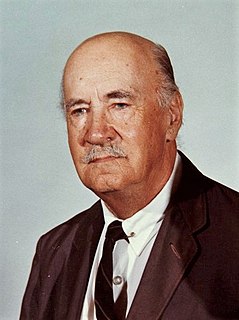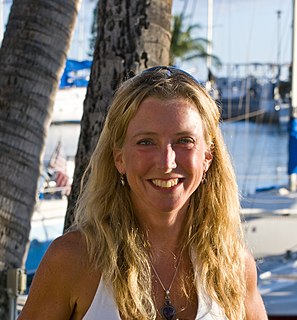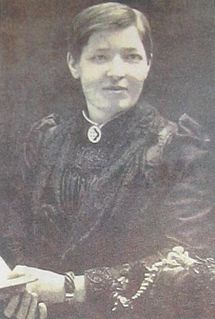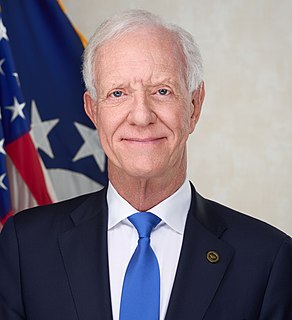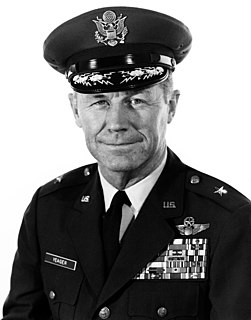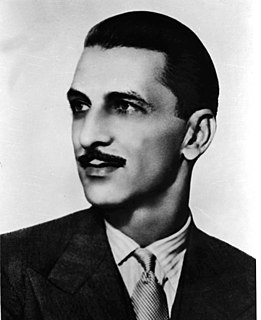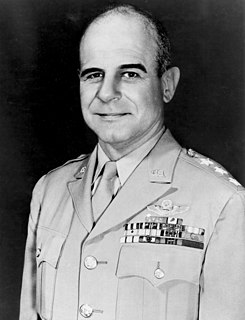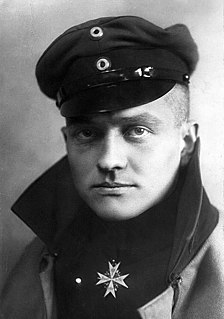A Quote by Igor Sikorsky
Our concerns sink into insignificance when compared with the eternal value of human personality - a potential child of God which is destined to triumph over lie, pain, and death. No one can take this sublime meaning of life away from us, and this is the one thing that matters.
Related Quotes
When we depend on anything smaller than God to provide us with the security, significance, meaning, and value that we long for, God will love us enough to take it away. Much of our anger and bitterness, therefore, is God prying open our hands and taking away something we've held onto more tightly than him.
let us thank God for having made us this gift of death, so that life is to have meaning; of night, that day is to have meaning; silence, that speech is to have meaning; illness, that health is to have meaning; war, that peace is to have meaning. Let us give thanks to Him for having given us weariness and pain, so that rest and joy are to have meaning. Let us give thanks to him, whose wisdom is infinite.
Jesus came among us to show and teach the life for which we were made. He came very gently, opened access to the governance of God with him, and set afoot a conspiracy of freedom in truth among human beings. Having overcome death he remains among us. By relying on his word and presence we are enabled to reintegrate the little realm that makes up our life in the infinite rule of God. And that is the eternal kind of life. Caught up in his active rule, our deeds become an element in God’s eternal history. They are what God and we do together, making us part of his life and him a part of ours.
It is only great pain--that slow, sustained pain that takes its time, in which we are, as it were, burned with smoldering green firewood--that forces us philosophers to sink to our ultimate profundity and to do away with all the trust, everything good-natured, veil-imposing, mild and middling, on which we may have previously based our humanity. I doubt that such a pain makes us 'better'--but I know that it makes us deeper.
We must never forget that we may also find meaning in life even when confronted with a hopeless situation, when facing a fate that cannot be changed. For what then matters is to bear witness to the uniquely human potential at its best, which is to transform a personal tragedy into a triumph, to turn one's predicament into a human achievement. When we are no longer able to change a situation-just think of an incurable disease such as inoperable cancer-we are challenged to change ourselves.
The love of God again makes us free, for it draws us to set a low value on those things wherein we are subject to others - our wealth, our position, our reputation, and our life - and to set a high value on those things which no man can take from us - our integrity, our righteousness, our love for all men, and our communion with God.
It is grace at the beginning, and grace at the end. So that when you and I come to lie upon our death beds, the one thing that should comfort and help and strengthen us there is the thing that helped us in the beginning. Not what we have been, not what we have done, but the Grace of God in Jesus Christ our Lord. The Christian life starts with grace, it must continue with grace, it ends with grace. Grace wondrous grace. By the grace of God I am what I am. Yet not I, but the Grace of God which was with me.
In Christ, we become new creatures. His life becomes ours. Take that word 'life' and turn it over and over and press it and try to measure it, and see what it will yield. Eternal life is a magnificent idea which comprises everything the heart can yearn after. Do not your hearts yearn for this life, this blessed and eternal life, which the Son of God so freely offers?
Human life--that appeared to him the one thing worth investigating. Compared to it there was nothing else of any value. It was true that as one watched life in its curious crucible of pain and pleasure, one could not wear over one's face a mask of glass, nor keep the sulphurous fumes from troubling the brain and making the imagination turbid with monstrous fancies and misshapen dreams.
...night possessed us and the shadow of death encompassed us, for we had fallen into sin and lost the power of sight which was ours by God's grace and by which we were able to perceive the light that bestows true life. Night and death had been poured out on our human nature, not because of any change in the true light, but because we had turned aside and no longer had any inclination towards the life-bearing light. In the last times, however, the Giver of eternal light and Source of true life has had mercy upon us.
The mystery of God's providence is a most sublime consideration. It is easy to let our reason run away with itself. It is at a loss when it attempts to search into the eternal decrees of election or the entangled mazes and labyrinths in which the divine providence walks. This knowledge is too wonderful for us. Man can be very confident that God exercises the most accurate providence over him and his affairs. Nothing comes to pass without our heavenly Father. No evil comes to pass without his permissive providence, and no good without his ordaining providence to his own ends.
